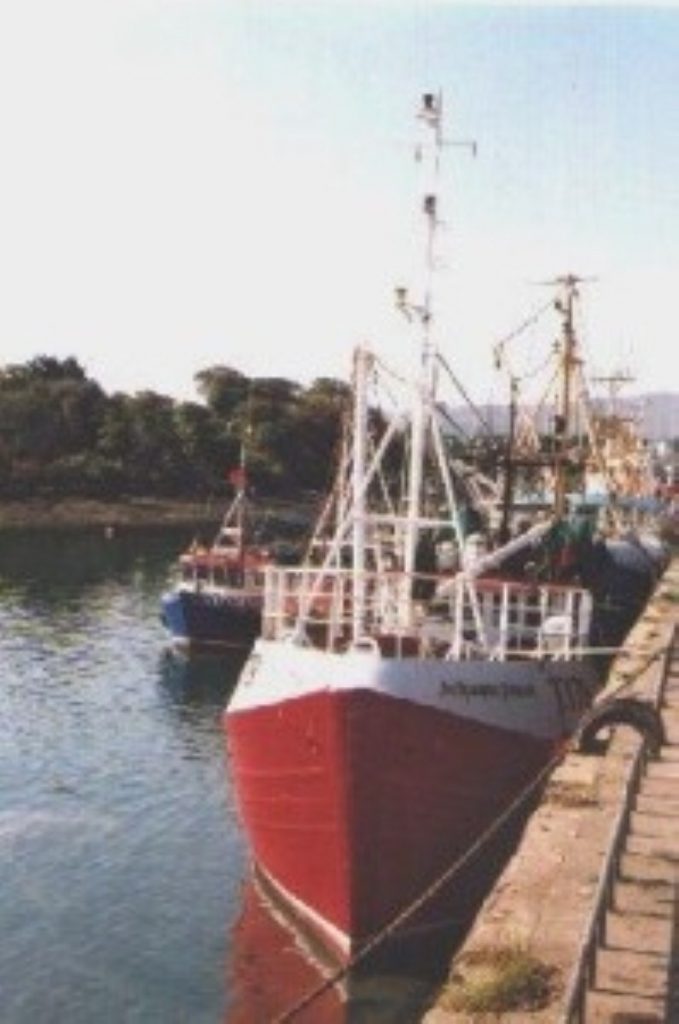Minister rejects cod fishing ban
The government has insisted it will not ban cod fishing to tackle the decline in stocks, warning it would mark the end of the UK’s fishing industry.
It was responding to a new report in American journal Science, which today warns that without radical action, there will be no wild fish or seafood left by 2048.
The authors noted that 29 per cent of stocks have already collapsed and warned that if current trends continued, they would fall to just ten per cent of maximum catches and become unrecoverable.
Report co-author Nicola Beaumont, an ecological economist at Plymouth marine laboratory, said the four-year study had revealed how interdependent fish species were – warning that overfishing one type could have serious effects on others.


“The oceans have all these moving parts and if you start removing parts, you get a breakdown,” she said.
Cod is one of the most threatened species and is already subject to strict quotas, but although he accepted the need to take action to tackle the problem, fisheries minister Ben Bradshaw said there was no question of banning cod fishing altogether.
“If there were to be a zero catch for cod, we would have to close almost all of the UK fishing industry because there’s almost no part of our fishing industry that doesn’t catch some cod as by-catch,” he told the BBC.
His comments were welcomed by the National Federation of Fishermen’s Organisations (NFFO), who argued today’s report was proof that the EU common fisheries policy (CFP) and “one-size fits all” system of catch quotas had failed to protect fish stocks.
Assistant chief executive Doug Beveridge told politics.co.uk that for the past few years the UK fishing industry had changed its approach to sustainability and was now working with scientists to ensure stocks were properly managed.
“We have taken action,” he stressed, saying the report did not take this into account. He also argued the study’s projections were only of limited use for northern European fishing, given that they were primarily from data taken in tropical seas.
Meanwhile, a spokesman for the Department for Environment, Food and Rural Affairs (Defra) said loss of marine biodiversity was the “second biggest environmental challenge we face after climate change”.
As well as affecting what people eat, the loss of fish stocks could also lead to coastal flooding, beach closures and an increase in harmful algal bloom, known as red tides.
“We have led international moves to improve oceans governance and tackle illegal, unregulated, and unreported fishing on the high seas,” the Defra spokesman said.
“We will also be leading calls later this month at the United Nations for a moratorium on destructive bottom trawling in international waters. At home too we have clamped down on illegal fishing and set fishing quotas, in line with the health of stocks.”
In 2005, the fish caught by more than 6,300 British vessels was worth £571 million and a further 18,180 people were involved in fish processing. Britain has 1,300 fishmongers, handling both UK-caught fish and imported products, which are worth £1.6 billion.









